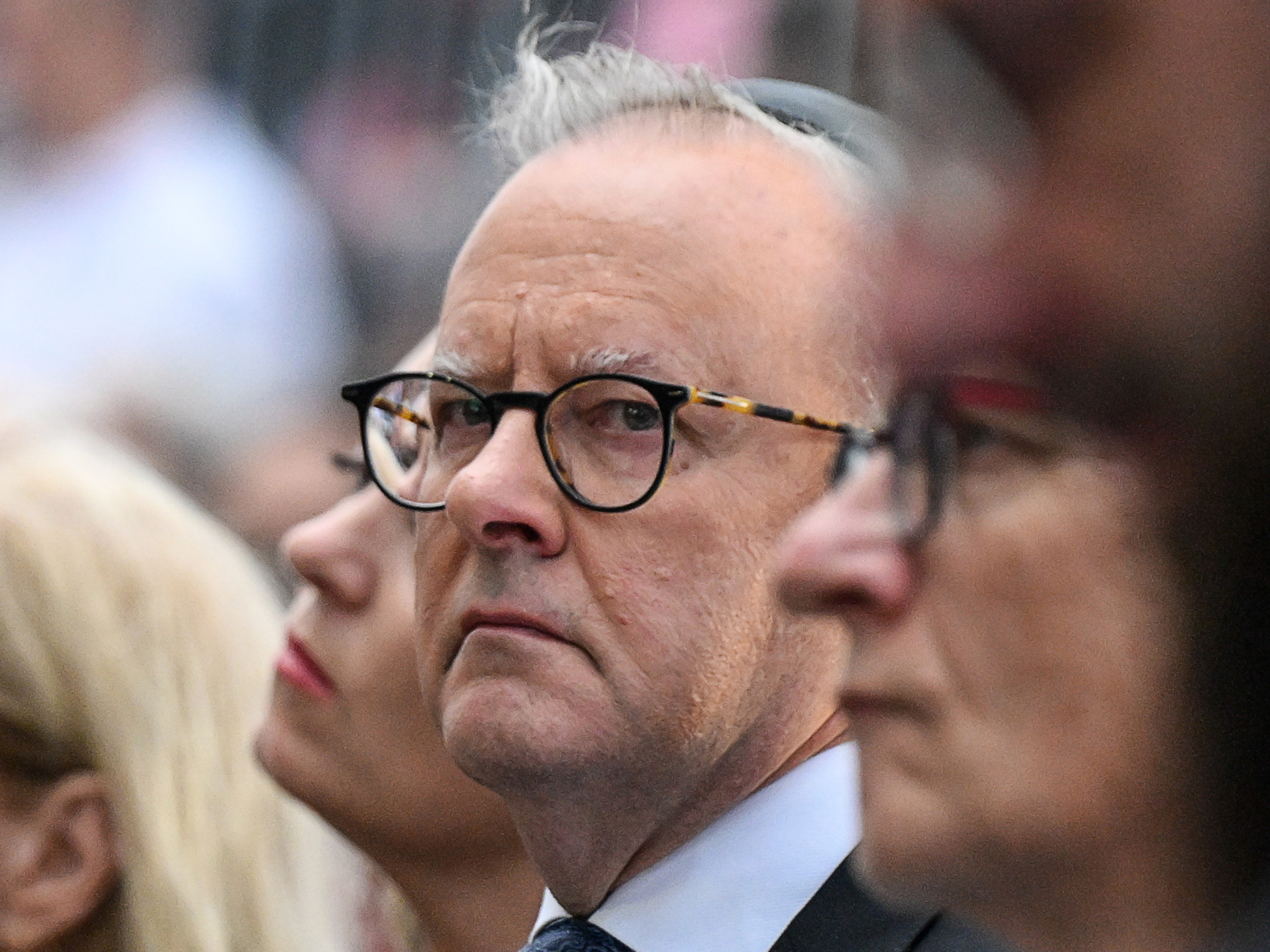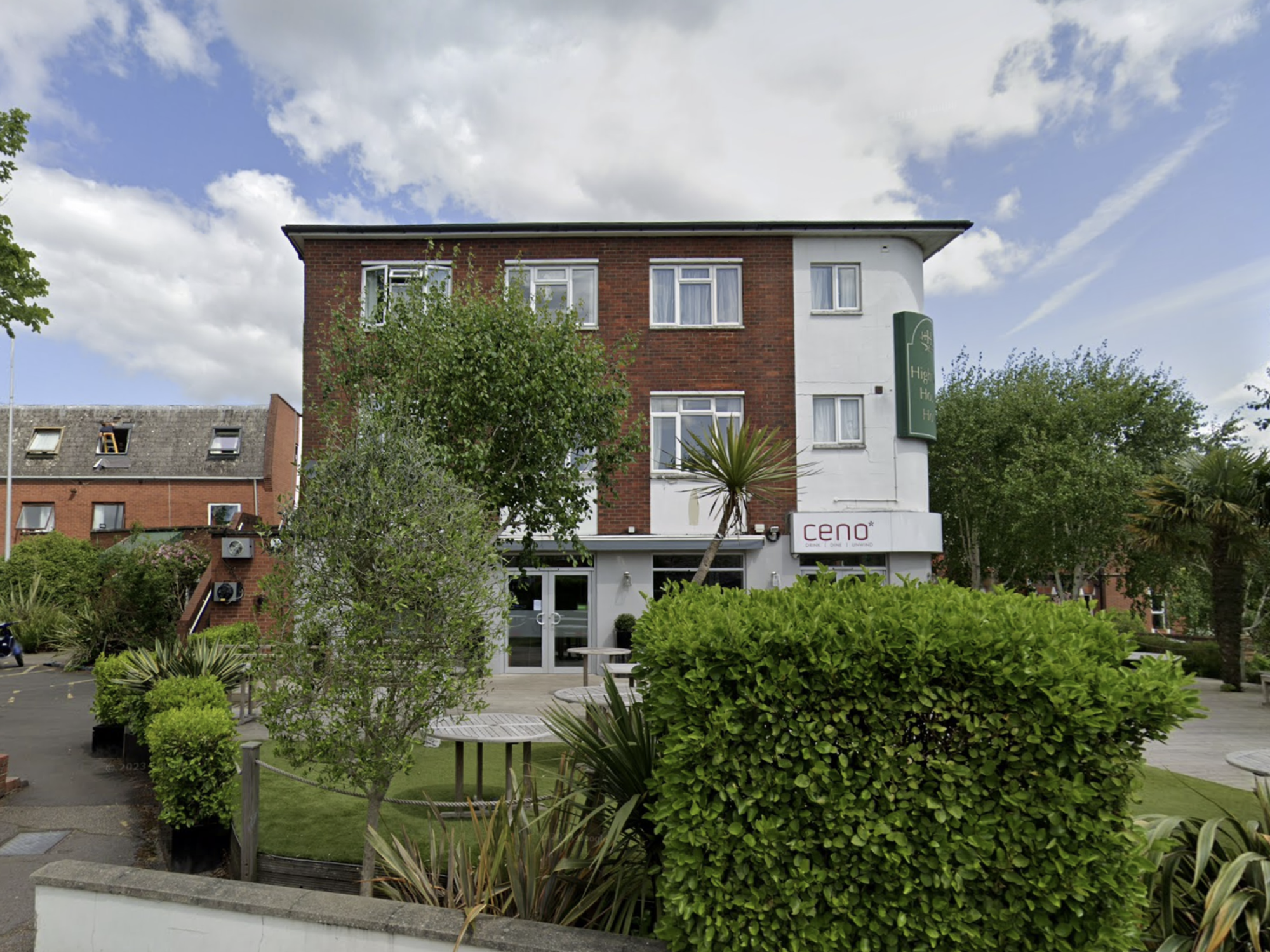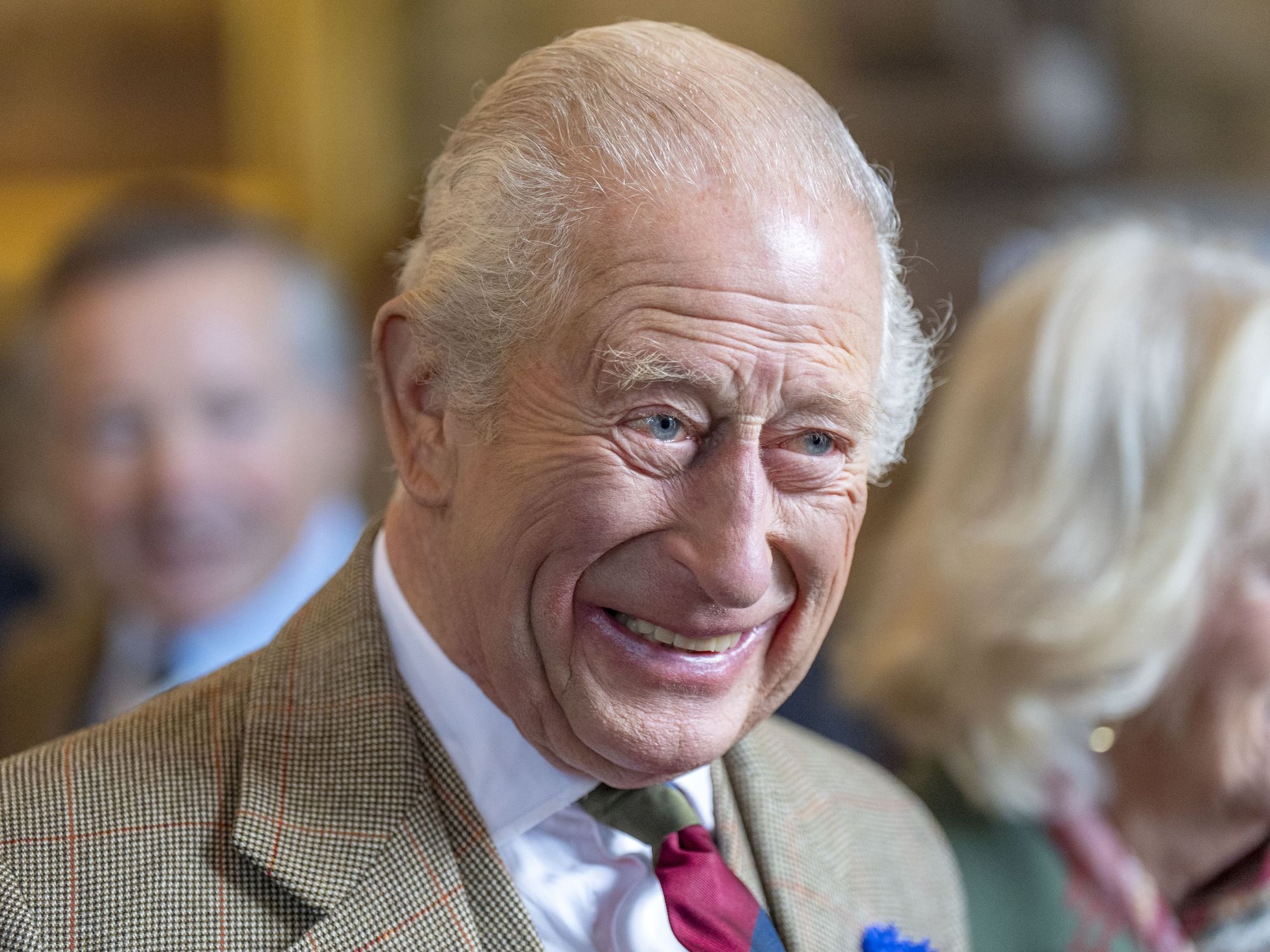Council's 'dipping into the wallets of residents' as new rules see homeowners hit with 300% double tax charge
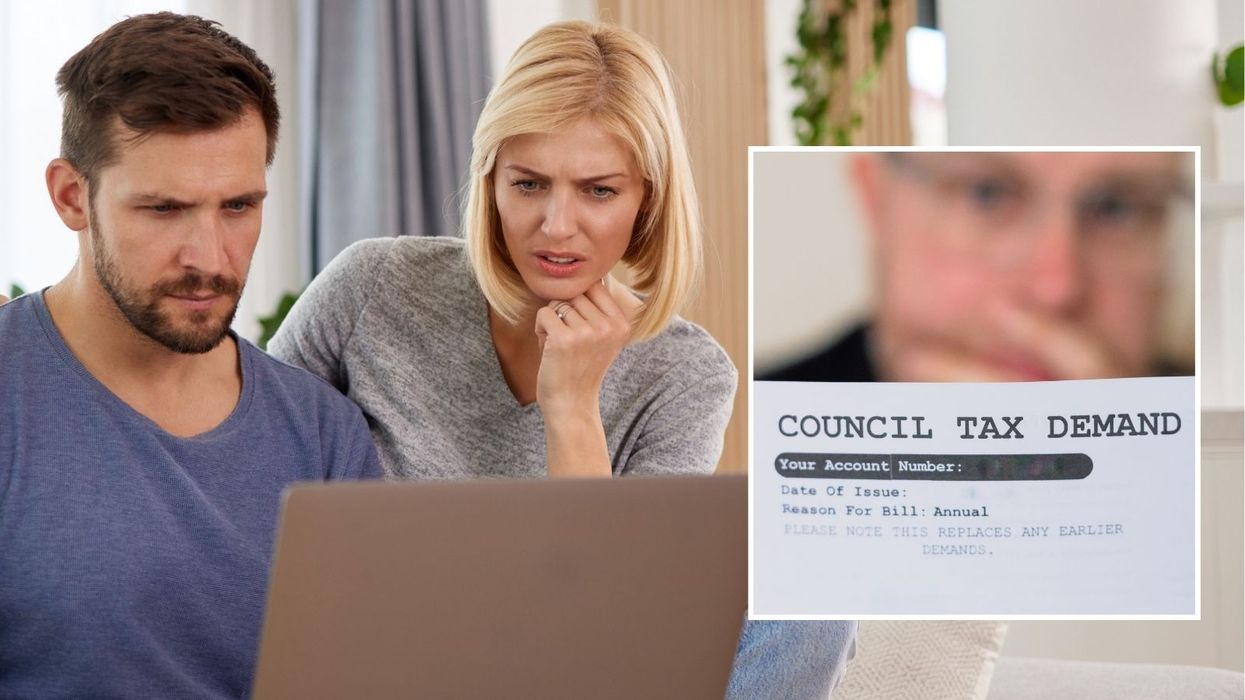
Councils in England have been given the power to charge additional council tax of up to 100 per cent on second homes
| GETTY
Councils in England have been given the power to charge additional council tax of up to 100 per cent on second homes
Don't Miss
Most Read
Council's have been "dipping into the wallets of residents," as they rush to implement the double tax charge for homeowners with second properties.
A property that is empty and unfurnished for at least 12 months can be charged an empty homes premium in England – the rules differ in Wales and Scotland.
Some councils who have introduced the changes have less than 100 second homes registered in the local authority.
Some 11 councils that have implemented the tax raid are currently raising more than £10million from taxing second homeowners. But half are making less than £1million.
Gravesham Borough Council raised £43,013 last year from taxing second homeowners, according to government figures.
Councils that have already voted in favour of increasing council tax on second homes include Bath and North East Somerset council, East Devon District Council, North Norfolk District Council and North Yorkshire Council.
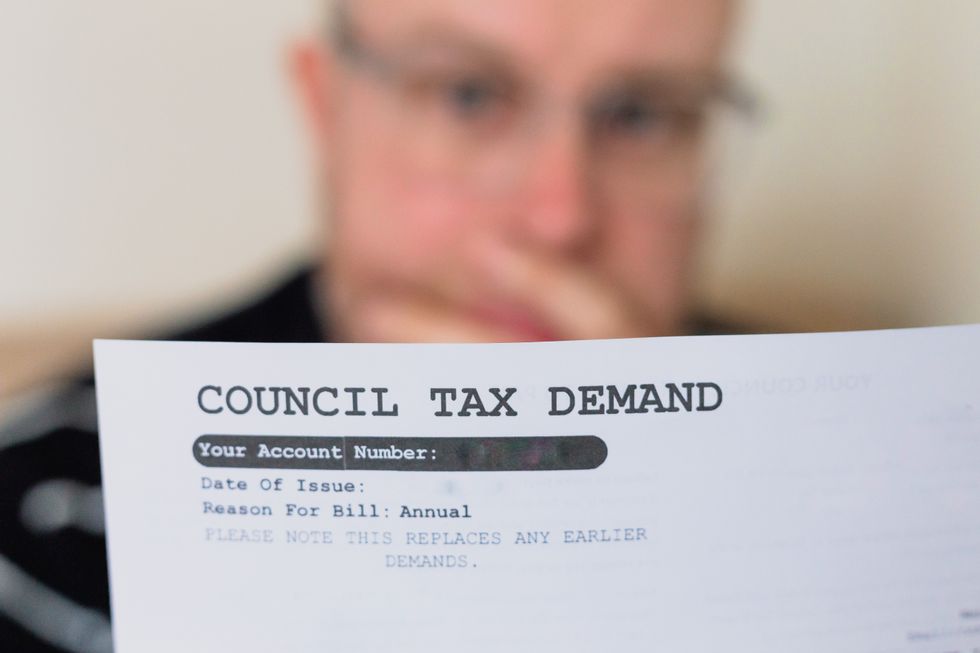
Some 11 councils that have implemented the tax raid are currently raising more than £10million from taxing second homeowner
| GETTYPeople can find out if their local council has voted on the matter by checking the council website.
Before the act was passed, councils could only only implement charges if a second property was unoccupied for two years. The Levelling Up and Regeneration Act 2023 has slashed this to one year.
As the act was implemented this April, it means some homeowners could be hit with the charges as early as April 2025.
If one's home is empty for over five years the premium rises to 200 per cent of their council tax, and 300 per cent if the property is empty for over a decade. The home will be classed as empty until it has been furnished and occupied for more than six weeks in a row.
If an individual's second home is in Scotland, then legislation passed in December 2023 meant the local authority can charge them double council tax.
Welsh second properties could face an even bigger bill. Since April 2023 Welsh local authorities could add 300 per cent to council tax bills on second homes.
These enhanced powers could catch out vulnerable homeowners who were never intended as targets for the tax, the Telegraph reported. This includes home movers and low income households.
Elliot Keck, of the TaxPayers’ Alliance, said the premium’s “pitiful revenues do not come close to justifying its existence”.
He said: “For too long town halls have focused on fiddling with different ways to dip into the wallets of their residents, rather than focusing on delivering quality services.
“Local authorities should prioritise cutting down on waste and finding efficiencies to ensure they aren’t continuously tapping up taxpayers.”
Councils have the power to decide whether they wish to implement this council tax premium on second homes but many are looking for extra revenue following financial strains and bankruptcy.
For example, some people in Birminhgam have seen their bills rise by 10 per cent after the UK's largest local authority declared itself bankrupt.
The government allowed the local authority to bypass the national cap without the need for a local referendum so they could raise the funds to fill their £300million budget gap.
The Local Government Association, which represents councils across England, maintained the council tax premium would help free up houses for locals to buy or rent.
A spokesman said: “There is a desperate need for more affordable housing across the country and councils need all options possible to ensure a supply of homes for rent and sale that meets local needs.
“Charging a council tax premium, for long-term empty and second homes, is one way of encouraging owners to bring these properties back into permanent use.
“However, we remain clear that council tax itself has never been the solution to meeting the long-term pressures facing local services, and councils need the powers and resources to build more affordable homes.”






